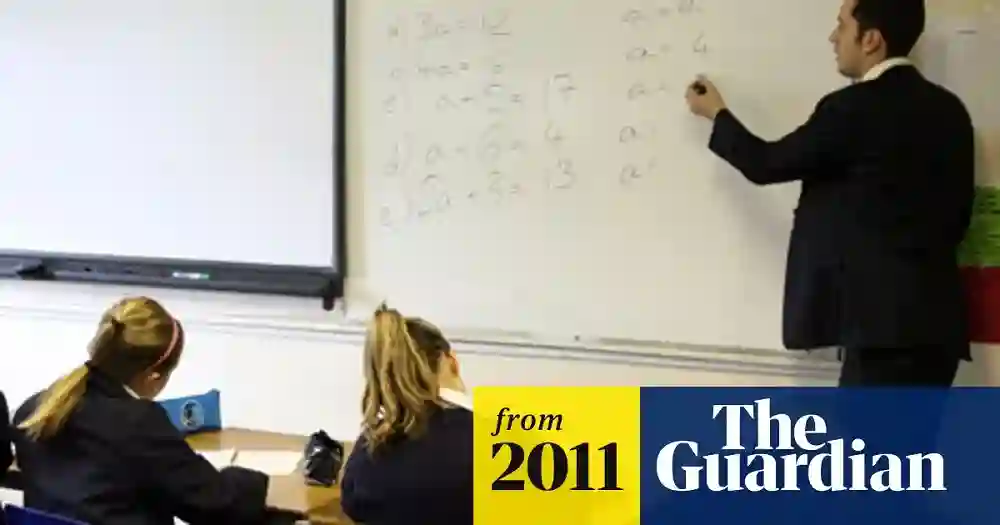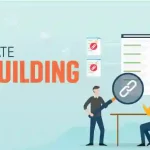Mathematics, often likened to a secret code, unveils its mysteries to those who possess the key to problem-solving mastery. In this comprehensive guide, “Cracking the Math Code: Problem-Solving Mastery,” we delve into strategies and techniques that empower students to decipher the intricacies of math problems, transforming them from perplexing enigmas into solvable puzzles and fostering a sense of mastery over the subject.
1. Decoding the Language of Numbers:
To crack the math code, one must first become fluent in the language of numbers. Develop a deep understanding of mathematical symbols, operations, and concepts. This foundational knowledge is the key to interpreting the intricacies of math problems, allowing you to navigate through them with confidence.
2. Mastering the Art of Problem Decomposition:
Problem-solving mastery hinges on the ability to break down complex problems into more manageable parts. Master the art of problem decomposition by identifying key components and understanding their relationships. This systematic approach transforms seemingly insurmountable problems into a series of solvable steps.
3. Recognizing Patterns as Guideposts:
Patterns are the guideposts within the math code, leading the way to solutions. Train your mind to recognize recurring sequences, relationships between numbers, and the consistent application of mathematical principles. By discerning patterns, you not only streamline problem-solving but also gain insights that contribute to a deeper understanding of mathematical concepts.
4. Embracing a Growth Mindset:
Problem-solving mastery is closely tied to mindset. Embrace a growth mindset that sees challenges as opportunities for learning and growth. View mistakes as valuable lessons, and understand that effort and perseverance are integral to the journey of cracking the math code. A growth mindset fosters resilience and propels you forward on the path to mastery.
5. Visualizing Mathematical Concepts:
Visualization is a potent tool for unlocking the math code. Picture mathematical concepts in your mind, create diagrams, and use visual aids to enhance your understanding. Visualization transforms abstract ideas into tangible representations, making it easier to grasp complex problems and paving the way for effective problem-solving.
6. Utilizing Strategic Problem-Solving Techniques:
Cracking the math code involves employing a repertoire of problem-solving techniques. Experiment with strategies such as trial and error, working backward, or breaking problems into smaller cases. Strategic problem-solving allows you to approach problems from different angles, enhancing your adaptability and effectiveness in finding solutions.
7. Applying Systematic Approaches:
Systematic approaches are the backbone of problem-solving mastery. Develop systematic methods for tackling various types of problems, whether it’s algebraic equations, geometry proofs, or calculus challenges. A structured approach not only ensures a comprehensive examination of the problem but also enhances your ability to organize your thoughts and steps.
8. Utilizing Mathematical Tools Wisely:
In the digital age, mathematical tools are readily available, but mastery lies in using them wisely. Leverage calculators, graphing tools, and computational software to enhance your efficiency. However, maintain a balance by relying on manual calculations when appropriate, ensuring a deep understanding of the mathematical processes involved.
9. Seeking Guidance and Collaboration:
Cracking the math code is often a collaborative effort. Seek guidance from teachers, classmates, or online resources when faced with challenging problems. Collaborative problem-solving not only exposes you to different perspectives but also provides valuable insights that contribute to your own problem-solving toolkit.
10. Practicing Consistently:
Practice is the cornerstone of problem-solving mastery. Regular and consistent practice sharpens your skills, builds confidence, and reinforces your understanding of mathematical concepts. Dedicate time to solving a variety of problems, progressively increasing the level of difficulty to challenge yourself and strengthen your problem-solving abilities.
11. Developing Efficient Time Management:
Efficient time management is a crucial element in cracking the math code. Allocate your time strategically, ensuring that you spend an appropriate amount on each step of the problem-solving process. Time management not only prevents you from getting stuck on a single aspect of a problem but also enables you to tackle multiple problems within a given timeframe.
12. Reflecting on Problem-Solving Strategies:
Reflection is the mirror that reveals the effectiveness of your problem-solving strategies. After solving a problem, take time to reflect on your approach, identify what worked well, and consider alternative methods. Reflection cultivates a self-awareness that is essential for refining your problem-solving skills and evolving as a math code cracker.
13. Celebrating Success and Learning from Setbacks:
Every successfully cracked math code deserves celebration. Acknowledge your achievements, whether big or small, and recognize the progress you’ve made. Additionally, view setbacks as opportunities for growth. Analyze mistakes, understand the reasons behind them, and use them as stepping stones toward improvement.
Conclusion:
“Cracking the Math Code: Problem-Solving Mastery” is a guide for students who aspire to unravel the intricacies of mathematics and emerge as adept problem solvers. By decoding the language of numbers, mastering problem decomposition, and applying systematic approaches, students can transform their relationship with math from one of intimidation to one of mastery. Remember, the journey of cracking the math code is a continuous exploration that leads to not only mathematical proficiency but also a deep appreciation for the beauty and logic within the world of mathematics.









